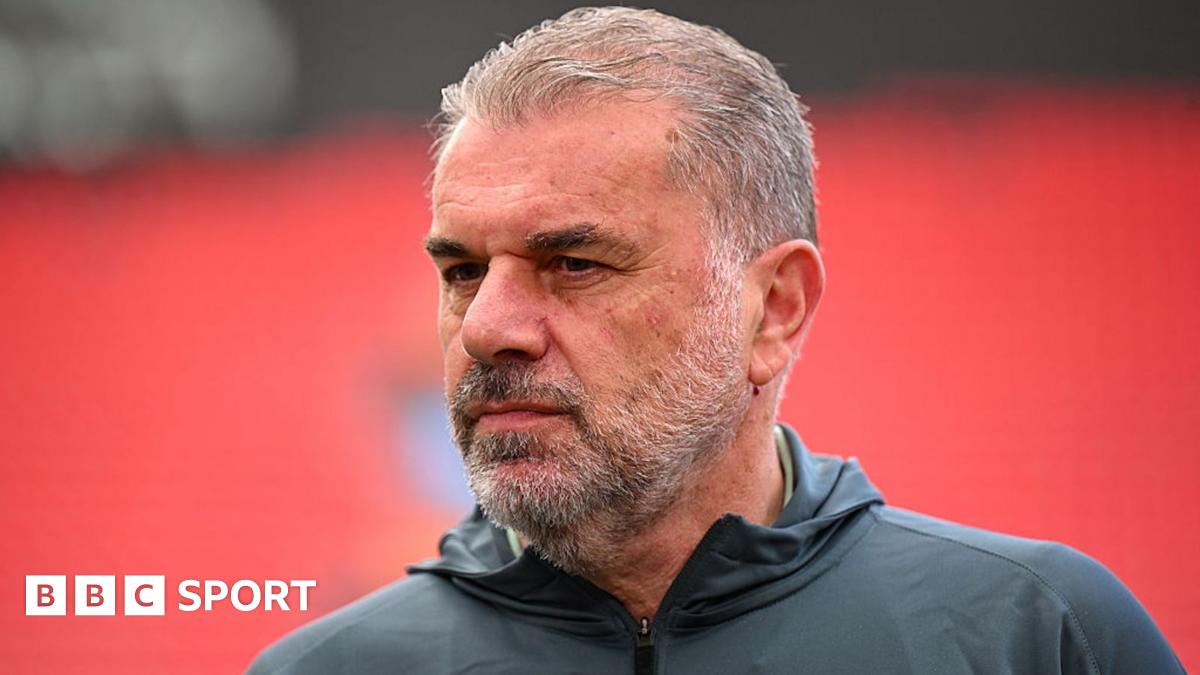el-Rufai alleges corruption among judges, lawyers, seeks return of public trust
Former Kaduna State Governor, Nasir el-Rufai, has alleged widespread corruption in the Nigerian judiciary, saying many judges and lawyers are corrupt.
Also, the Chief Justice of Nigeria (CJN), Kudirat Kekere-Ekun, yesterday, charged newly appointed magistrates and judges of the lower courts to uphold the highest standards of integrity, judicial independence and ethical conduct in the discharge of their duties.
Speaking, yesterday, at the Law Week of the Nigerian Bar Association (NBA), Bwari Branch in Abuja, el-Rufai said the public no longer trusts the judiciary due to delayed justice and biased rulings.
The former governor claimed that justice in Nigeria often favoured the rich and powerful.
He also criticised the use of ex parte orders in political matters and accused some lawyers of using the courts for political gains.
Calling on legal professionals to reflect on their roles and ensure justice is truly served without bias or influence from the executive arm of government, he added: “In parallel, our judiciary, meant to be the bedrock of fairness and order, is under intense scrutiny. Concerns about delayed justice, procedural inefficiencies, and, in some cases, judicial compromise (to put the matter delicately), erode public confidence. The rise in ‘forum shopping’, the weaponisation of ex parte orders in political matters, and the growing perception that justice is for sale and available only to the rich and the powerful would cause the perceptive observer to conclude that what Nigerian courts do is the administration of law and not the administration of justice.”
Delivering the keynote entitled ‘Lawyers as Agents of Change: Navigating Economic Reforms, Judicial Policy and Contemporary Issues’, El-Rufai urged lawyers to step up as “custodians of conscience” and push back against systemic failures, particularly within the judiciary.
THE CJN gave the charge while declaring open the induction course for newly appointed magistrates and other judges of the lower court organised by the National Judicial Institute (NJI) in Abuja, describingthe elevation of the new judicial officers as a testament to the confidence reposed in their ability to deliver justice fairly, efficiently and with integrity.
Justice Kekere-Ekun said the theme, ‘Enhancing Judicial Efficiency and Quality of Decision-Making’ was both timely and relevant, stressing the need for speed and quality in the adjudication process.
“Justice must not only be done but must be seen to be done, promptly and professionally,” she declared, adding that judicial delays continue to erode public confidence in the courts despite best efforts to address them.
She identified the adoption of Alternative Dispute Resolution (ADR) mechanisms, the use of sentencing guidelines and the Nigeria Case Management System (NCMS) as key tools for addressing inefficiencies and fostering transparency.
The CJN, who began her judicial career as a Magistrate, urged the new officers to combine legal mastery with awareness of the social and economic contexts in which they serve.
“This will enable you to render decisions that are not only legally sound but also socially responsive and just,” she noted.
Administrator of NJI, Hon Justice Salisu Abdullahi, charged the newly appointed magistrates and judges of the lower courts to uphold the highest standards of efficiency, fairness and impartiality in their judicial duties.












